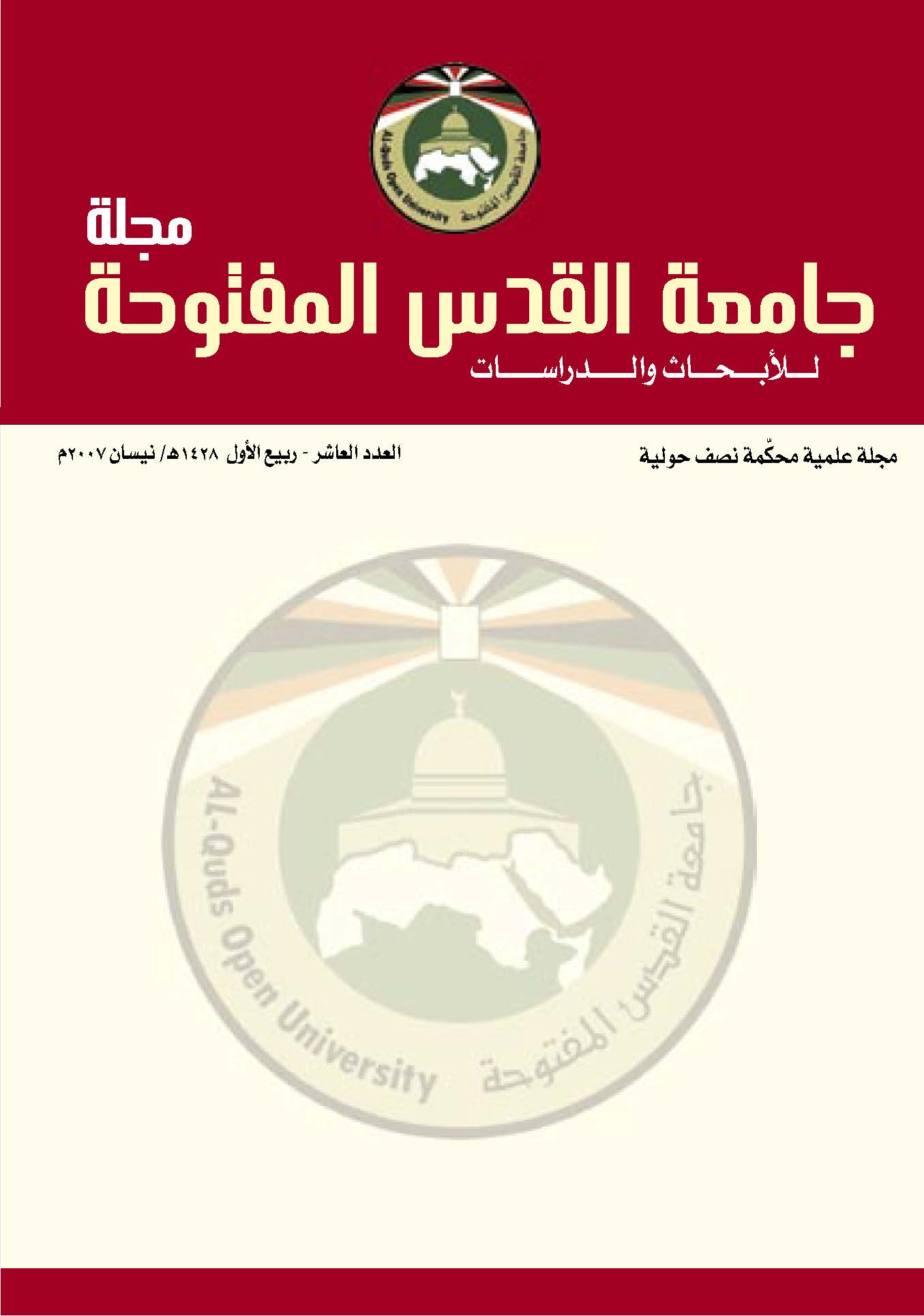English Language Teachers’ Attitudes toward Using the Mother Tongue in the EFL Classroom
Keywords:
English Language Teachers, Attitudes, Using the Mother Tongue, EFL ClassroomAbstract
Abstract: This study aimed at determining English language teachers’ attitudes toward using the mother tongue in the EFL classroom. Surveying the related literature, it was revealed that these methodologists, teachers, and researchers differ in their views toward using the mother tongue in the EFL classroom. But some of them have made a balance in using L1 in teaching L2. For example, Nation (2001) ; Eadie (1999) suggested using L1 because of many reasons First, it is more relaxing and natural to use the L1 with others who have the same L1. Second, it is easier and more communicatively effective to use the L1, and third, using the L2 can be a source of embarrassment and stress, precisely, for shy learners and those who feel they are not very proficientintheL2andnotasproficientastheirclassmates. TheL1isused as a valuable resource for remaining on task in the L2.
The researcher developed a questionnaire which consisted of fivedomains:reading, writing, speaking, listening and “other situations” domain.The study was conducted on 80 male and female teachers who serve in Qalqilya City District. SPSS Package was used to analyze collected data. Results revealed that English language teachers’ attitudes toward using the mother tongue in the EFL classroom were positive on the firstdomainwhichisreadingandnegative on writing, speaking , listening , and other situations domains and the total score of the domains.
The researcher recommended determining parents’ and students’ attitudes towards the mother tongue use in the EFL classrooms .Also, it was recommended that courses in the use and implementation of L1 to teach L2 could be taught to the EFL teachers in the fieldofbilingualEducation.
Downloads
Published
How to Cite
Issue
Section
License
- The editorial board confirms its commitment to the intellectual property rights
- Researchers also have to commit to the intellectual property rights.
- The research copyrights and publication are owned by the Journal once the researcher is notified about the approval of the paper. The scientific materials published or approved for publishing in the Journal should not be republished unless a written acknowledgment is obtained by the Deanship of Scientific Research.
- Research papers should not be published or republished unless a written acknowledgement is obtained from the Deanship of Scientific Research.
- The researcher has the right to accredit the research to himself, and to place his name on all the copies, editions and volumes published.
- The author has the right to request the accreditation of the published papers to himself.













_2.png)
_.png)
_2.png)
_1.png)
_.png)

